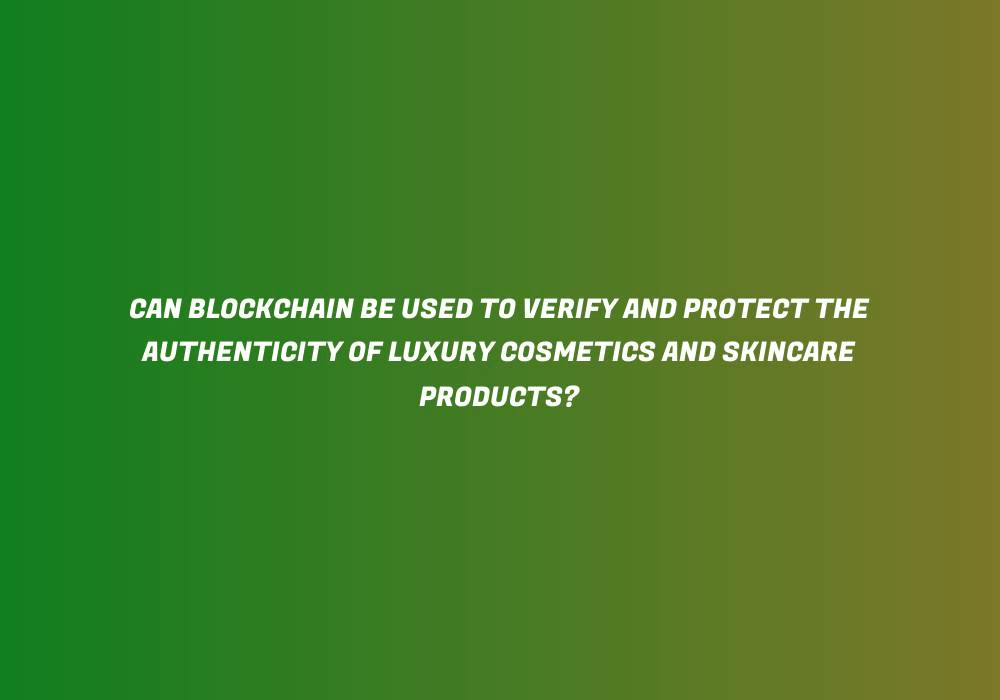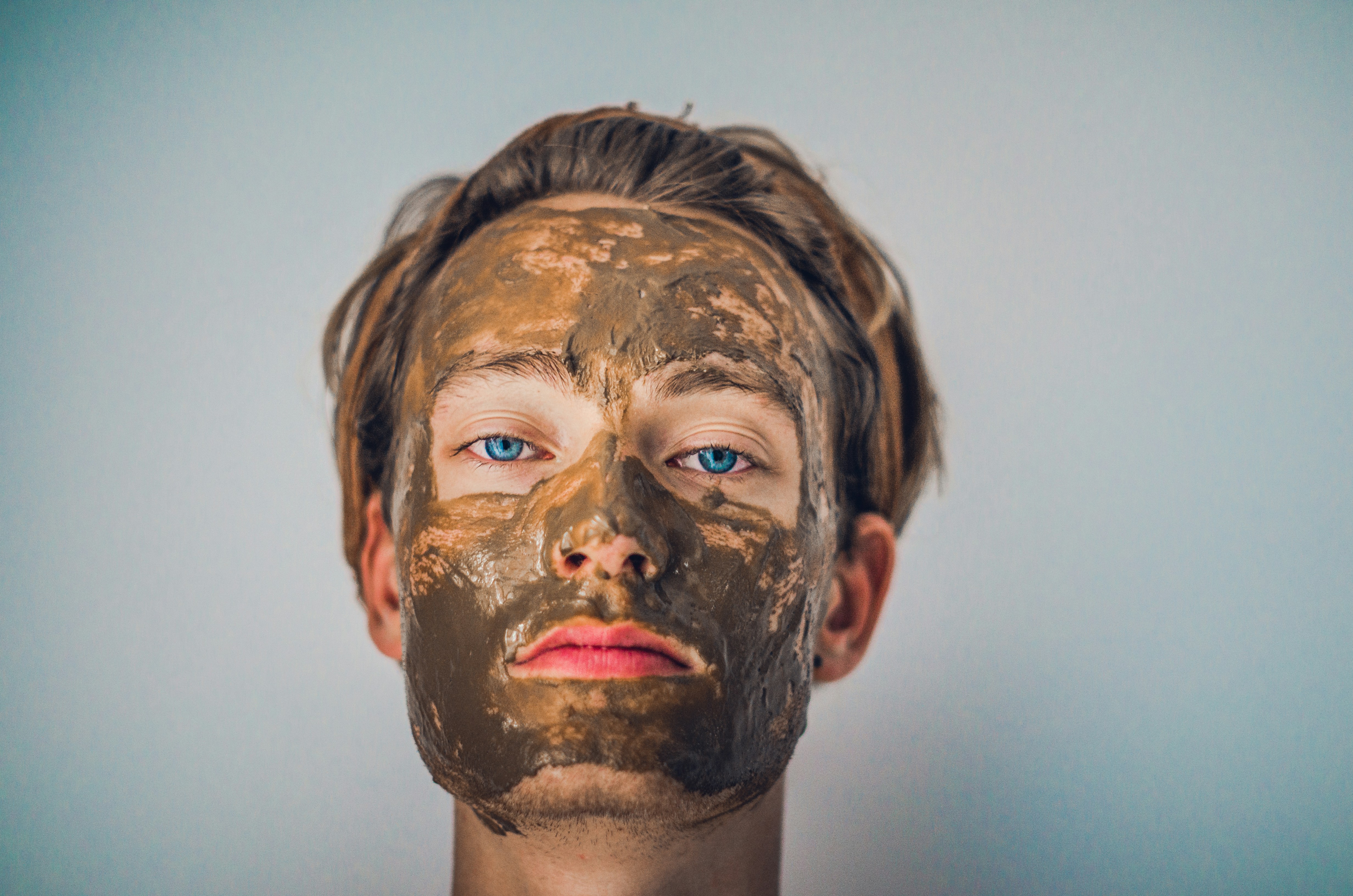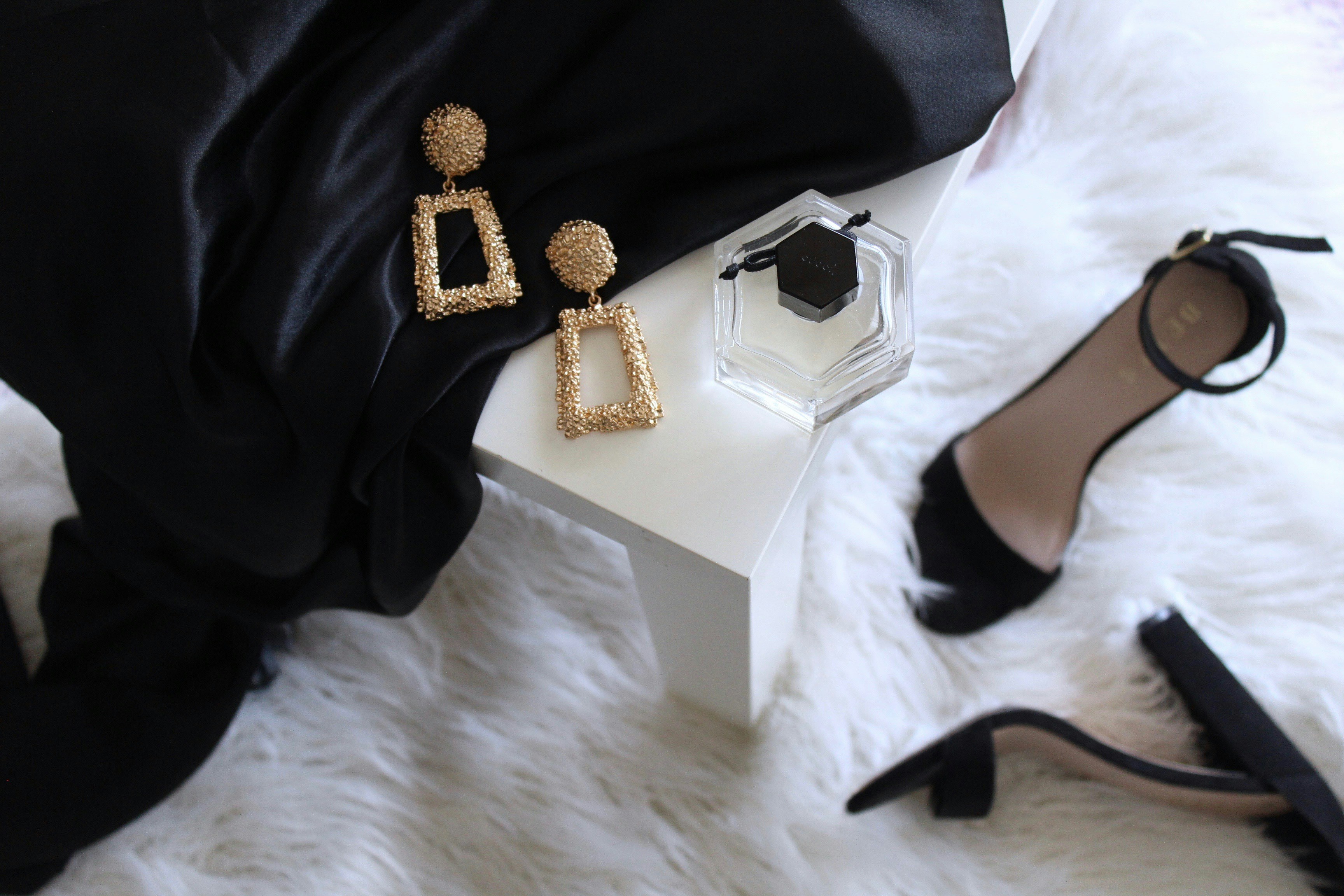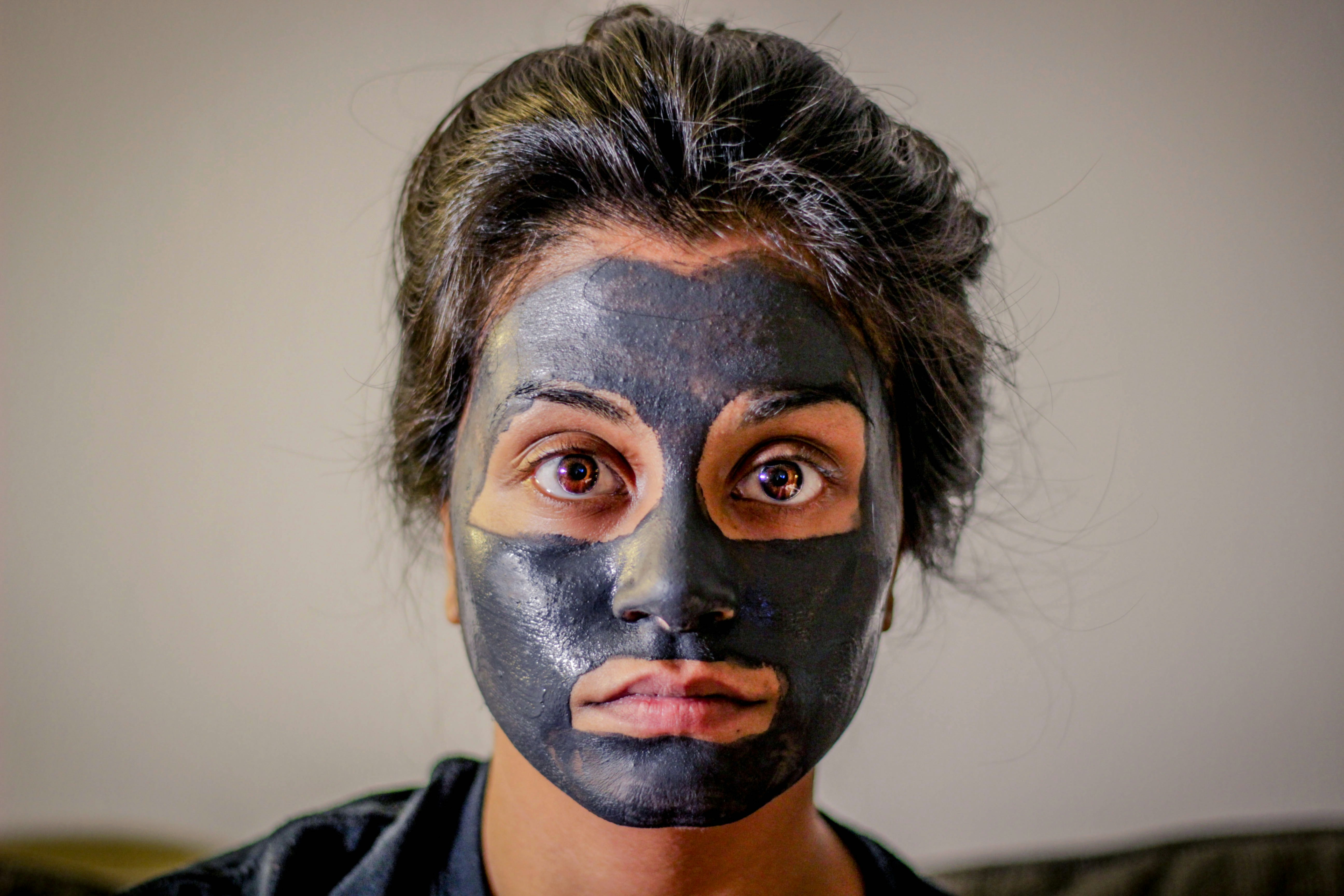Imagine a world where you can confidently purchase luxury cosmetics and skincare products, knowing without a doubt that they are genuine and authentic. The use of blockchain technology has become a hot topic in recent years, and its potential application in verifying and protecting the authenticity of these high-end products is both fascinating and exciting. In this article, we will explore the question that many beauty enthusiasts are eager to answer: Can blockchain be used to verify and protect the authenticity of luxury cosmetics and skincare products?
Overview of blockchain technology
Blockchain technology has emerged as a revolutionary concept with the potential to transform various industries, including the world of luxury cosmetics and skincare products. It is a system of distributed ledger that allows secure and transparent transactions without the need for intermediaries. In simple terms, blockchain technology enables the creation of a chain of blocks that contain digital records of transactions. Each block is linked to the previous one, forming an unalterable and transparent network.
Explanation of blockchain
The blockchain is often described as a digital ledger that records transactions across multiple computers or nodes. It operates using a decentralized network, where every participant has access to the same version of the ledger. This decentralization ensures transparency and prevents any single entity from controlling or manipulating the data.
The transactions in a blockchain are grouped into blocks, which are then encrypted and added to the chain. These blocks are linked together using cryptographic algorithms, creating a secure and tamper-proof record of transactions. Because the blocks are connected in a linear sequence, it is incredibly difficult to modify or delete any information stored within the blockchain.
Features of blockchain
Blockchain technology offers several key features that make it an attractive solution for various industries, including the luxury cosmetics and skincare sector. These features include:
Immutability:
Once a record is added to the blockchain, it cannot be altered or tampered with. This immutability ensures the integrity of the data stored in the blockchain, making it highly reliable and trustworthy.
Transparency:
The decentralized nature of blockchain technology ensures transparency, as every participant in the network has access to the same information. This transparency eliminates the need for intermediaries, leading to faster and more cost-effective transactions.
Security:
Blockchain technology uses cryptographic algorithms to secure data stored within the network. It offers enhanced security as compared to traditional centralized systems, making it more resilient to cyber attacks and fraud.
Decentralization:
Blockchain operates on a decentralized network, meaning that no single entity has complete control over the data. This decentralization results in a more resilient and transparent system, reducing the risk of data manipulation or fraud.
Benefits of using blockchain technology
The adoption of blockchain technology in the luxury cosmetics and skincare industry can bring numerous benefits to both businesses and consumers. Some of the key advantages include:
Enhanced traceability:
Blockchain enables the tracking of every transaction or movement of a product from its origin to the point of sale. This traceability ensures that the product’s authenticity and integrity can be verified at every step of the supply chain, providing a higher level of trust and confidence for consumers.
Improved transparency and accountability:
The decentralized nature of blockchain technology eliminates the need for intermediaries, making the system more transparent and accountable. It allows consumers to access detailed information about the products they purchase, including the sourcing of ingredients, manufacturing processes, and ethical considerations.
Reduced counterfeiting:
Counterfeit luxury cosmetics and skincare products pose a significant threat to the industry, causing financial losses and damaging brand reputation. Blockchain technology can help combat counterfeiting by providing a secure and transparent system for verifying product authenticity. This ensures that consumers receive genuine products, protecting both their health and the interests of legitimate businesses.
Streamlined supply chain management:
Blockchain technology facilitates real-time tracking and visibility of products throughout the supply chain. This streamlines inventory management processes and reduces administrative costs. By automating and digitizing these processes, businesses can optimize their operations and respond more efficiently to customer demands.
Increased consumer trust:
By incorporating blockchain technology into their operations, luxury cosmetics and skincare brands can enhance consumer trust. The transparent and decentralized nature of blockchain provides consumers with verifiable proof of product authenticity, ethical sourcing, and environmental sustainability. This increased trust can lead to stronger customer loyalty and brand advocacy.
Challenges in the luxury cosmetics and skincare industry
Although the luxury cosmetics and skincare industry enjoys immense popularity and success, it is not without its challenges. Several key issues pose significant threats to the industry’s integrity and consumer trust. Understanding these challenges is crucial in assessing the potential of blockchain technology in addressing them effectively.
Counterfeit products
Counterfeit luxury cosmetics and skincare products continue to flood the market, causing substantial financial losses for both companies and consumers. These counterfeit products often contain harmful substances, compromising customer safety and negatively impacting brand reputation. The global nature of the industry makes it challenging to track down and eliminate counterfeiters effectively.
Product authenticity concerns
With a growing demand for luxury cosmetics and skincare products, consumers are increasingly concerned about the authenticity of the products they purchase. The lack of a reliable and transparent system for verifying product authenticity makes it difficult for consumers to identify genuine products from counterfeit ones. This erodes consumer trust and puts the reputation of legitimate brands at risk.
Limited transparency in the supply chain
The complexities of the supply chain in the luxury cosmetics and skincare industry make it challenging to maintain transparency and accountability. With multiple stakeholders involved, including manufacturers, distributors, retailers, and suppliers, ensuring visibility into every step of the supply chain becomes a daunting task. This lack of transparency leaves room for adulteration, substitution, and unauthorized distribution of products, compromising their integrity and safety.
Applying blockchain to ensure product authenticity
Blockchain technology has the potential to address the challenges faced by the luxury cosmetics and skincare industry. By leveraging the unique features of blockchain, companies can enhance product authentication, traceability, and security, thereby protecting consumers and the industry’s reputation.
The role of blockchain in verifying product authenticity
Blockchain technology can provide an effective solution for verifying the authenticity of luxury cosmetics and skincare products. By recording every transaction and movement of a product on the blockchain, companies can create an immutable and transparent digital record. This record can be accessed by consumers, allowing them to verify the authenticity of the product they intend to purchase.
Using blockchain for traceability
One of the critical advantages of blockchain technology is its ability to enable end-to-end traceability of products. By creating a digital record of every transaction, including the origin of ingredients, manufacturing processes, and distribution channels, companies can ensure complete visibility into the supply chain. This transparency allows consumers to trace the journey of a product from its inception to the point of sale, enhancing trust and confidence.
The use of smart contracts in the authentication process
Smart contracts are self-executing contracts with predefined rules and conditions embedded in the blockchain. These contracts can automate the authentication process and ensure compliance with established standards and regulations. By leveraging smart contracts, companies can enhance the efficiency and accuracy of product authentication, reducing the risk of counterfeit products entering the market.
Implementing blockchain in the luxury cosmetics and skincare industry
To harness the full potential of blockchain technology in the luxury cosmetics and skincare industry, collaboration among brands, manufacturers, and retailers is essential. Several key steps need to be taken to implement blockchain effectively and ensure a secure and transparent system for product authentication.
Collaboration among brands, manufacturers, and retailers
To achieve widespread adoption of blockchain in the luxury cosmetics and skincare industry, it is crucial for brands, manufacturers, and retailers to collaborate effectively. This collaboration can involve sharing data and information on product authenticity, establishing common standards and protocols, and jointly implementing blockchain-based solutions.
Creating a transparent and secure digital identity for products
A fundamental aspect of implementing blockchain in the industry is establishing a digital identity for each product. This digital identity can be created by assigning a unique identifier or code to every unit of a product manufactured. This identifier can then be recorded on the blockchain, allowing consumers to verify the authenticity of the product by scanning the code.
Incorporating unique product identifiers on the blockchain
Once the digital identity has been established, the unique product identifiers need to be incorporated into the blockchain. This can be done by recording the identifier, along with relevant information such as the manufacturer, ingredients, and manufacturing date, in a secure and tamper-proof manner. This ensures that the product’s authenticity can be easily verified by consumers.
Using QR codes or NFC technology for product verification
To facilitate easy and convenient product verification, luxury cosmetics and skincare brands can leverage QR codes or Near Field Communication (NFC) technology. By placing a QR code on the product packaging or integrating NFC tags, consumers can easily scan the code or tap the tag with their smartphones to access the product information stored on the blockchain. This enables quick and reliable verification of product authenticity.
Benefits of using blockchain in the industry
The implementation of blockchain technology in the luxury cosmetics and skincare industry offers numerous benefits for both businesses and consumers. These benefits contribute to ensuring product authenticity, fighting against counterfeit products, enhancing transparency in the supply chain, and improving inventory management.
Improved consumer trust
Blockchain technology provides consumers with tangible proof of product authenticity, ethical sourcing, and environmental sustainability. This increased trust can help build stronger relationships between consumers and luxury cosmetics and skincare brands, resulting in enhanced customer loyalty and brand advocacy.
Fighting against counterfeit products
Counterfeit luxury cosmetics and skincare products pose a significant threat to the industry’s integrity and reputation. By leveraging blockchain technology, companies can create a secure and transparent system for verifying product authenticity. This helps eliminate the distribution and sale of counterfeit products, protecting both consumers and legitimate businesses.
Enhanced transparency in the supply chain
The complex nature of the supply chain in the luxury cosmetics and skincare industry makes it challenging to maintain transparency and accountability. Blockchain technology enables real-time tracking and visibility of products, facilitating transparency throughout the supply chain. This transparency helps identify any inefficiencies or issues, allowing companies to take immediate actions to address them.
Streamlined inventory management
Blockchain technology streamlines inventory management processes by providing a real-time and transparent view of products. By automating and digitizing these processes, companies can optimize their inventory levels, reduce wastage, and minimize stockouts. This leads to increased operational efficiency and cost savings.
Case studies of blockchain implementation
Several luxury cosmetics and skincare companies have already started leveraging blockchain technology to verify and protect the authenticity of their products. These case studies showcase successful examples of utilizing blockchain in the beauty industry.
Leveraging blockchain for product authentication
One notable case study is that of L’Oréal, which partnered with blockchain platform Aura to create a secure and traceable system for product authentication. Consumers can scan a QR code on the packaging to access detailed information about the product’s origin, ingredients, and manufacturing processes. This initiative has helped L’Oréal combat counterfeiting and enhance consumer trust.
Successful examples of using blockchain in the beauty industry
Another example is that of VeChain, a blockchain platform that has collaborated with luxury skincare brand REJURAN to ensure product authenticity. VeChain’s technology enables consumers to verify the authenticity of REJURAN products by scanning a QR code on the packaging. This initiative has significantly reduced the distribution of counterfeit products, protecting consumers and the brand’s reputation.
Future potential of blockchain in the cosmetics and skincare industry
The future of the luxury cosmetics and skincare industry is closely tied to the potential of blockchain technology. As the technology continues to evolve, we can expect further advancements and applications within the industry.
Expansion of blockchain applications
Blockchain technology has the potential to expand beyond product authentication and traceability. In the future, it could be utilized for personalized marketing, customer loyalty programs, and even the development of customized skincare products. The secure and transparent nature of blockchain can facilitate the exchange of data and information between brands, customers, and suppliers, leading to innovative solutions and enhanced customer experiences.
Integration with emerging technologies
Blockchain can be integrated with other emerging technologies to provide even more robust solutions for the industry. For example, combining blockchain with Internet of Things (IoT) devices can enable real-time monitoring and data collection, enhancing the accuracy of supply chain information. Similarly, artificial intelligence (AI) algorithms can be deployed to analyze blockchain data and identify patterns or anomalies, further enhancing product authentication and consumer safety.
Regulatory considerations for widespread adoption
As blockchain technology gains momentum within the luxury cosmetics and skincare industry, regulatory considerations will become increasingly important. Governments and regulatory bodies will need to establish guidelines and frameworks to ensure the ethical and responsible use of blockchain. This will involve addressing data privacy and security concerns, defining industry standards, and promoting international cooperation to combat counterfeit products.
Concerns and limitations of blockchain in the industry
While blockchain technology offers numerous benefits, it is essential to recognize and address the concerns and limitations that come with its implementation in the luxury cosmetics and skincare industry.
Data privacy and security concerns
Although blockchain technology provides enhanced security for data stored within the network, concerns over data privacy and protection still exist. Companies must ensure that sensitive information is appropriately encrypted and access is strictly controlled. Additionally, the use of blockchain may require complying with data protection regulations, such as the General Data Protection Regulation (GDPR), to protect consumer privacy.
Costs and technical challenges
Implementing blockchain technology can involve significant upfront costs and technical challenges. Developing and maintaining a secure blockchain network requires dedicated resources, including skilled personnel and infrastructure. Additionally, integrating blockchain into existing systems and processes may require significant changes to the existing IT infrastructure, which can cause disruption and additional costs.
Potential resistance from industry players
The adoption of blockchain technology in the luxury cosmetics and skincare industry may face resistance from industry players. Established brands and manufacturers may be hesitant to embrace a new technology that disrupts existing processes and business models. Overcoming this resistance will require education and collaboration to demonstrate the benefits and long-term advantages of implementing blockchain.
Collaboration among industry stakeholders
Given the complexity of the challenges faced by the luxury cosmetics and skincare industry, collaboration among industry stakeholders is crucial for the successful implementation of blockchain technology.
The role of brands, manufacturers, and retailers
Luxury cosmetics and skincare brands, manufacturers, and retailers play a critical role in driving the adoption of blockchain technology. By collaborating and sharing information, they can establish common standards and protocols that ensure interoperability and compatibility between different blockchain networks. This collaboration can also lead to the establishment of industry-wide best practices and guidelines for product authentication and supply chain transparency.
International cooperation
Counterfeit products are a global issue that requires international cooperation to tackle effectively. Industry stakeholders should work together to share information, intelligence, and resources to combat counterfeiting on a global scale. International organizations and regulatory bodies can also play a significant role in facilitating cooperation and harmonizing regulations to support the widespread adoption of blockchain technology.
Collective efforts to combat counterfeit products
In addition to leveraging blockchain technology, collective efforts are needed to combat counterfeit luxury cosmetics and skincare products. This can involve educating consumers about the risks of counterfeit products, encouraging them to purchase from authorized retailers, and reporting suspected counterfeit products. Industry associations and organizations can also collaborate to raise awareness, advocate for stronger intellectual property protections, and support law enforcement efforts.
Conclusion
The luxury cosmetics and skincare industry faces numerous challenges, including the proliferation of counterfeit products and concerns over product authenticity and transparency. However, the emergence of blockchain technology offers a promising solution to address these challenges effectively.
By leveraging the unique features of blockchain, luxury cosmetics and skincare brands can enhance product authentication, traceability, and security. Through collaboration among industry stakeholders, a secure and transparent system can be established, providing consumers with a higher level of trust and confidence.
Blockchain technology offers tremendous potential for the future of the industry, with the ability to expand applications, integrate with emerging technologies, and transform the way products are authenticated and consumed. However, the successful implementation of blockchain requires addressing concerns over data privacy, costs, and technical challenges. With the collective efforts of brands, manufacturers, retailers, and regulatory bodies, blockchain can pave the way for a more secure, transparent, and trustworthy luxury cosmetics and skincare industry.



